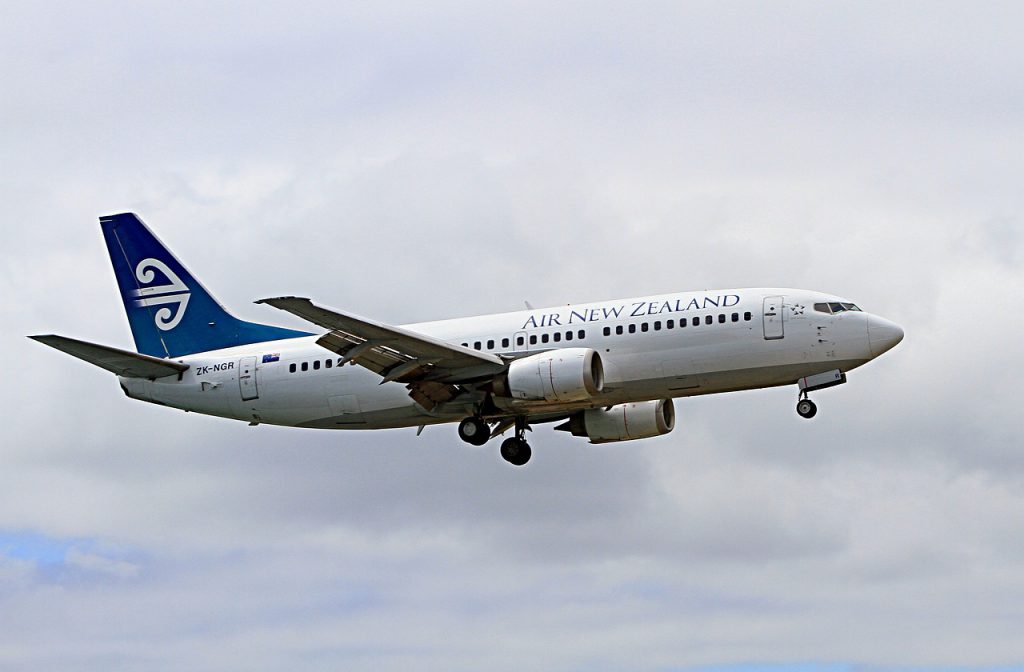Following the recent controversy with Lufthansa over the airline’s ban on Apple’s AirTags, fellow Star Alliance member, Air New Zealand has come under scrutiny. Its website now categorizes baggage trackers as lithium battery-operated devices and has advised passengers against using them.
The popularity of baggage trackers is driven by their ability to provide security and peace-of-mind. When our customers step onto the airplane, they have confidence they’ll find their luggage quickly and easily when they arrive at their destination.
When the global aviation industry started recovering after the recent pandemic, they realized how hard it is to get back on track. The staff couldn’t keep up with demand, and 220,000 bags were mishandled in April this year alone.
Passengers often experience a great deal of worry and stress when they have misplaced, or tagged-off, their bags. To make matters worse, the passengers’ vacation moods are usually wrecked. This is why these devices such as the AirTags and the LandAirSea GPS Tracker are popular. These little gadgets help find bags that were misplaced in overwhelmed airports; they give travelers a better chance to recover their missing baggage.
These baggage trackers are small, so they don’t take up a lot of room in somebody’s luggage. They also don’t add much weight to passengers’ checked baggage, which is good. Using these devices doesn’t require a lot of effort on the user’s part; all you have to do is turn it on and make sure it’s within Bluetooth range. It then starts tracking the item automatically.
Why is Air New Zealand not a supporter?
There is a lot of support for these new portable tech devices from passengers. Airlines, on the other hand, are not too fond of this new technology–Air New Zealand has banned them altogether. It is worth noting that most coin-cell batteries used to power these trackers are made from lithium, and the airlines are concerned about safety and security issues.
According to the airline, since these Bluetooth-integrated devices need to stay turned on and constantly transmit signals, they’re still a potential safety hazard. The airline said:
“Dangerous goods regulations prohibit the AirTag and Tile from being carried in checked-in luggage because they’re portable electronic devices that cannot be turned off.”
Air New Zealand’s advisory on tracking devices states, though not in so many words, that it’s not totally banning the use of these devices. The airline clarified that although there’s no blanket ban on tracking devices, “trackers with an automated on/off switch cannot be used during flights.” If a passenger has a tracker that can be manually switched off, then it is allowed.
Why is Air New Zealand not a supporter?
Whenever airport attendees see baggage trackers, they’re always happy with their usefulness. However, airlines such as Air New Zealand are hesitant to purchase these devices because of their cost effectiveness. It’s worth noting that a lot of the time portable electronic trackers are powered by coin cell batteries, which are made from lithium. This already raises a red flag about potential safety problems for the airline.
The airline is asking you to keep electronic devices turned on and consistently sending Bluetooth signals even when they’re in your bag. And due to those gadgets, it’s requested that additional screening be performed by airport security agents. The airline said:
“Currently, products such as AirTags and Tile cannot be carried in checked-in luggage because of dangerous goods regulations.”
Though not an outright ban, Air New Zealand posted an advisory which states that passengers are only allowed to use GPS tracking devices that don’t have an automated on/off feature. These can be used as long as there is a manual switch for power. Devices with the automatic on-off switch cannot be used in flight at all.

